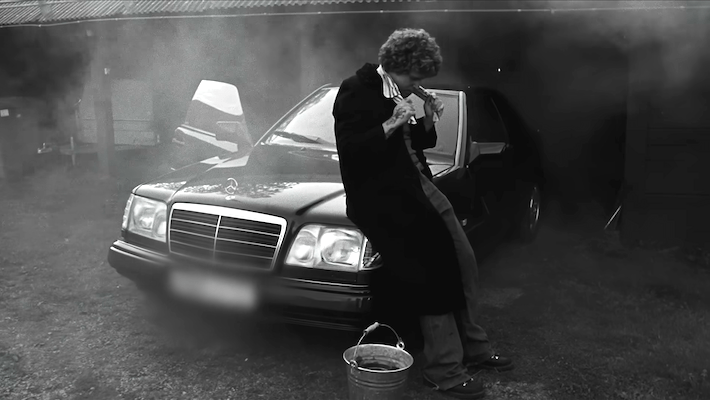A Seattle blues singer who has performed under the name Lady A for the past 20 years is speaking out against Lady Antebellum over the country trio’s recent name change in response to the Black Lives Matter movement.
Anita White, a 61-year-old black woman who plays under Lady A, says she was blindsided last week after learning that Lady Antebellum had officially shortened its name without reaching out to her first. On Thursday (June 11), in the wake out nationwide protests surrounding the death of George Floyd, the Grammy-winning country act announced that it would be dropping the word Antebellum from its title, a reference to the pre-Civil War era in the American South.
“I feel that it’s not right that they can come and decide that they want to use this name and take it from me, because now it feels like another knee on my neck, as Reverend Al Sharpton said,” White told CBS affiliate WUSA in Washington, D.C. “Take your knee off our neck.”
White, whose day job is working with Seattle Public Utilities, has released multiple albums under Lady A over the past two decades. She’s currently gearing up for the July 18 release of her new album, Lady A: Live in New Orleans.
“This is my life. Lady A is my brand, I’ve used it for over 20 years, and I’m proud of what I’ve done,” White told Rolling Stone last week. “They’re using the name because of a Black Lives Matter incident that, for them, is just a moment in time. If it mattered, it would have mattered to them before. It shouldn’t have taken George Floyd to die for them to realize that their name had a slave reference to it.”
Representatives for the country group Lady A told Rolling Stone they were unaware of White’s use of the name and had plans to contact her. The trio’s reps said they had no further comment when contacted by Billboard. White, meanwhile, had not responded to Billboard‘s request for comment as of press time.
In a lengthy note to fans on social media last week, Lady Antebellum — who first broke through in the late 2000s with hits like “Love Don’t Live Here,” “I Run To You” and “Need You Now” — explained the reasoning behind the name change.
“We are deeply sorry for the hurt this has caused,” the group’s Hillary Scott, Charles Kelley, and Dave Haywood wrote on Instagram. “We’ve watched and listened more than ever these last few weeks, and our hearts have been stirred with conviction, our eyes opened wide to the injustices, inequality and biases black women and men have always faced and continue to face every day. Now, blind spots we didn’t even know existed have been revealed.”



